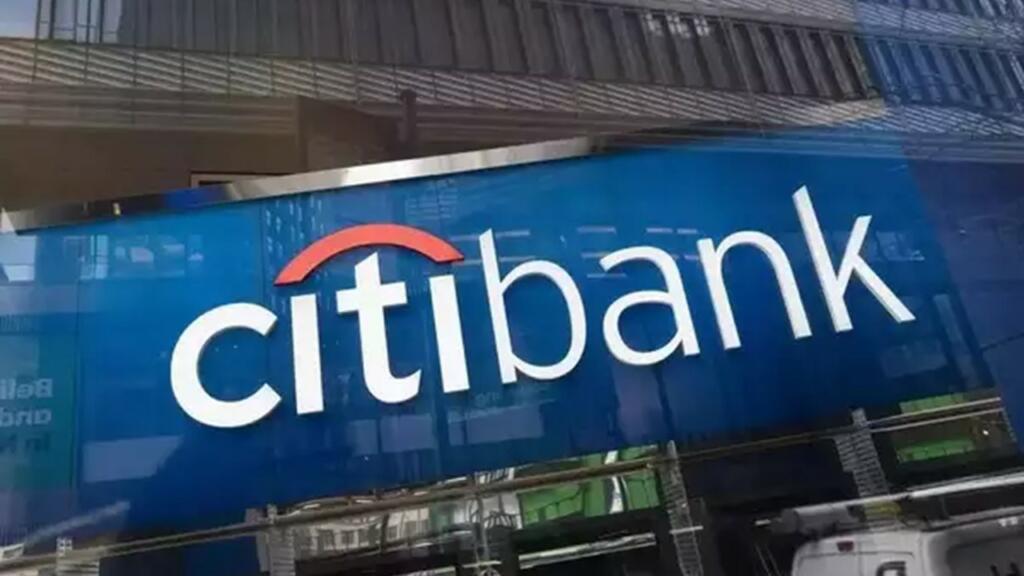The third-largest private lender in India, Axis Bank, recently completed the acquisition of Citibank for ₹11,603 crores, or ₹722 crore less than the amount initially disclosed, which was ₹12,325 crore. This acquisition demonstrates Axis Bank’s commitment to growing its market share while reflecting the banking industry’s rapid development and transformation. The profitable transaction represents a smart move for Axis Bank and improves its standing in the fiercely competitive banking sector.
Credit cards, retail banking, wealth management, and consumer loans are all part of the deal that was first revealed in March 2022. Amitabh Chaudhry, the Managing Director and CEO of Axis Bank, called attention to the specifics, stating that the purchase was fully financed from the bank’s balance sheet.
In addition, he said, “We don’t need any capital to pay for this deal. The numbers are better than our expectations for staff of Citibank joining Axis Bank’s platform. Changes in key parameters largely remain along the expected lines. We will complete the full integration seamlessly within 18 months after this date (March 1, 2023).”
Axis Bank is moving fast on the banking axis
Since its founding in 1993, Axis Bank has advanced significantly in the financial sector. The bank’s rapid growth and transformation are demonstrated by the fact that its total advances rose from ₹5,572.49 billion in FY 2020 to ₹7,076.96 billion in FY 2022. Due to its dedication to innovation and excellence, Axis Bank is positioned to be a major player in the banking industry’s competitive environment.
To maintain this triumph, the new acquisition deal came with avalanches of contentment for Axis Bank. It took the market to cloud nine with its high stocks. The company’s stock market performance has improved as a result of this transaction, and its shares have increased significantly. The share price was 844.85 INR on February 28, 2023, and it rose to 867.60 INR on March 1, 2023.
Credits: Google
Read More: India’s Axis Bank to buy City Bank’s India division
Through this, it can be witnessed that investors have a soft spot for the acquisition deal, which became evident by the market response. Given that Citibank had been in a slump for some time, Axis Bank’s choice to purchase it was not a swift one.
According to a CNBC report, Citigroup’s net income decreased by 21 percent last year, from $3.2 billion to $2.5 billion, primarily as a result of slower loan growth in its private bank and forecasts for a weaker macroeconomic climate going forward. Axis Bank made the purchase as a tactical move to increase its market share.
Industry insiders speculate that the COVID-19 pandemic’s effects, which forced major banks to reroute their management resources and capital globally, may have had an impact on Citi’s choice to leave the market.
Besides this, as per Statista, since 2016, the company’s tier 1 capital ratio has been gradually declining, when it was 14.2 percent. It’s possible that choice of Citibank to leave the market was influenced by this drop in the capital ratio.
Read More: Axis Bank Credit Card: A Perfect Credit Card Any Traveler Can Have
It is clear that Citibank has had troubles for some time, and its choice to exit the market was a timely move to avoid a possibly embarrassing failure. Now that the acquisition deal has been completed, Axis Bank has a chance to expand on legacy of Citibank and become a significant player in the industry. The bank is in a good position to seize the initiative and keep pace with the opposition.
Support TFI:
Support us to strengthen the ‘Right’ ideology of cultural nationalism by purchasing the best quality garments from TFI-STORE.COM
